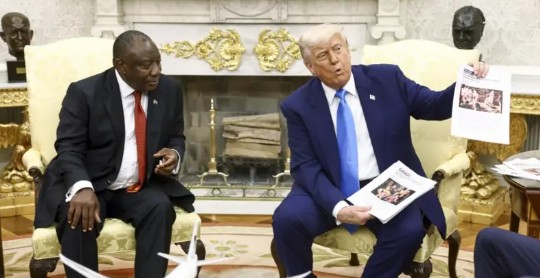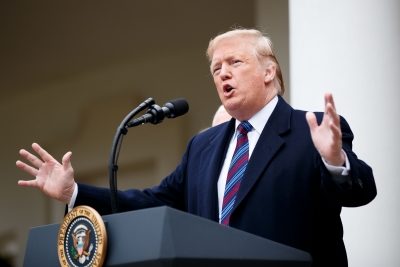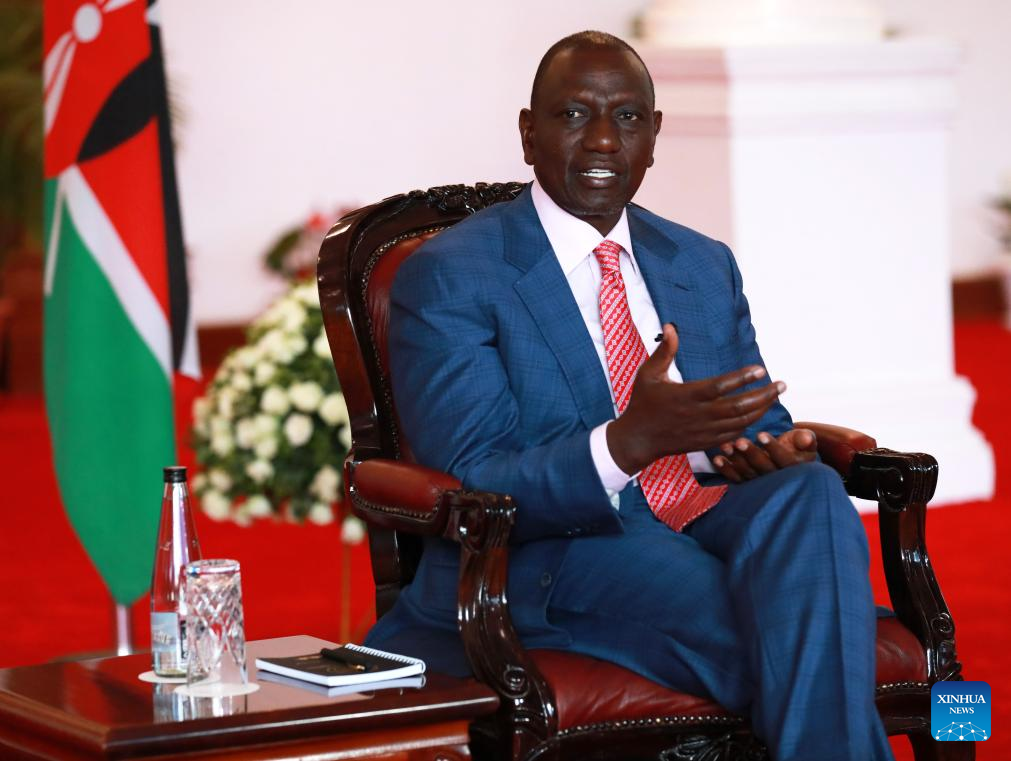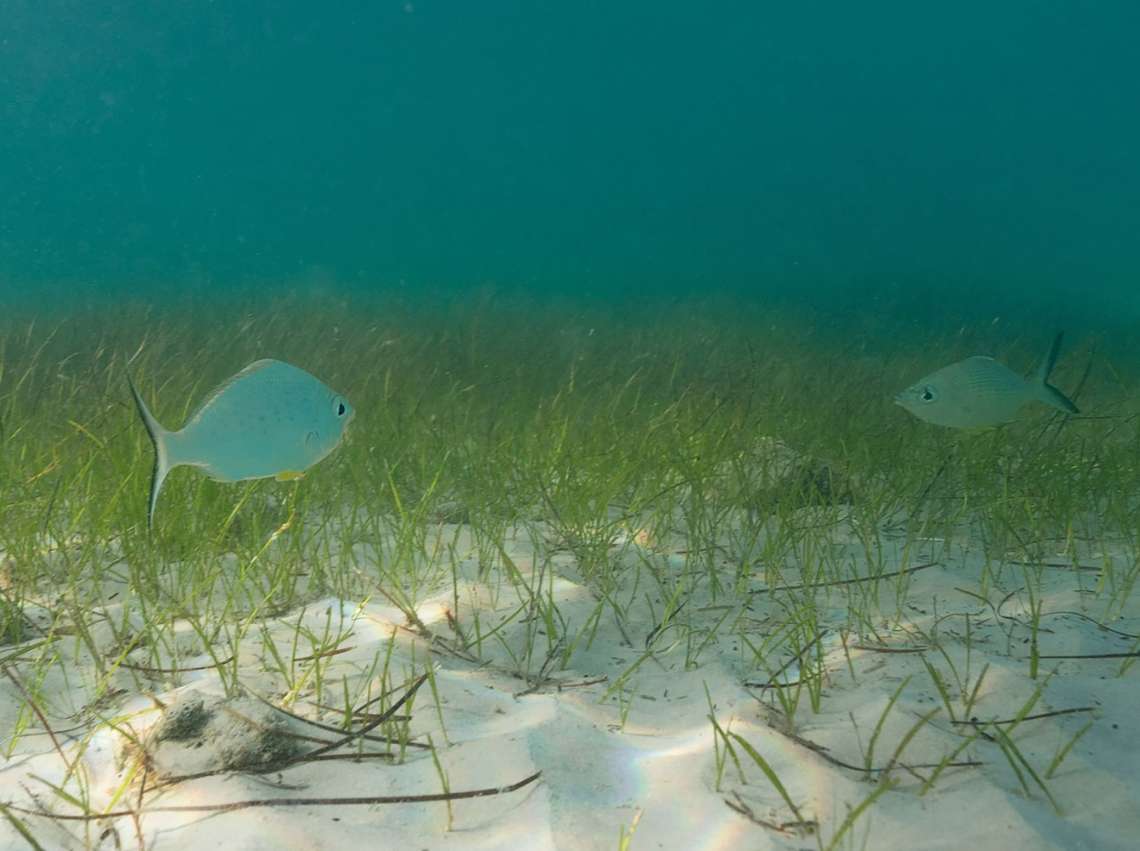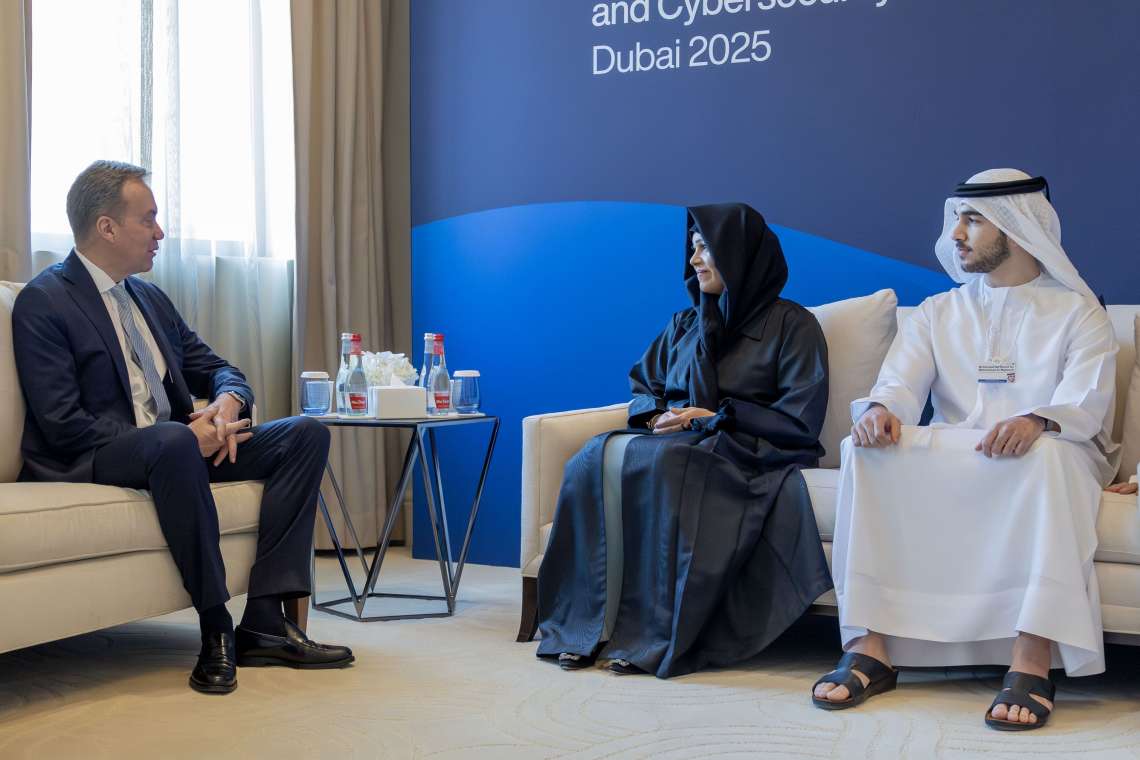Deteriorating rail systems, jammed ports and frequent blackouts have hindered vital industries like mining and auto manufacturing in South Africa, contributing to slow economic growth over the last decade in Africa’s most developed economy
The World Bank granted South Africa a $1.5 billion loan to upgrade transportation infrastructure and help it transition toward a low-carbon economy, the country’s National Treasury said Monday.
Deteriorating rail systems, jammed ports and frequent blackouts have hindered vital industries like mining and auto manufacturing in South Africa, contributing to slow economic growth over the last decade in Africa’s most developed economy.
South African President Cyril Ramaphosa and his coalition government have pledged to tackle corruption and decades of poor management as well as pursue reforms to get the country out of its economic rut and ease its extremely high unemployment rate.
While it did not give specifics, the South African government said it expects the World Bank loan will enable inclusive economic growth and job creation by assisting in the removal of important infrastructure bottlenecks, especially in the energy and freight transportation sectors.
“This agreement reinforces the strong and constructive collaboration between the World Bank and the government of South Africa,” said the National Treasury. “This partnership marks a significant step toward addressing South Africa’s pressing economic challenges of low growth and high unemployment.”
Additionally, because the financing has better conditions than conventional borrowing, such as a three-year grace period, it should reduce escalating debt-service expenses, it added.
South Africa’s 2025-26 budget has allocated over R1 trillion over the next three years toward critical transportation, energy, water and sanitation infrastructure while improving access to basic services.
However, real gross domestic product was revised downward to 1.4% in 2025 from 1.9% previously projected by the Finance Ministry projected in March because of the worsening global outlook and the persistence of logistics constraints and higher borrowing costs.
Finance Minister Enoch Godongwana said government debt is projected to stabilize at 77.4% of GDP in 2025/26.
Earlier this year, the dismantling of USAID by the Trump administration cut around $436 million in annual funding to South Africa for HIV treatment and prevention, putting the program and thousands of health care jobs on the line.
Godongwana said the country doesn’t have the funds to cover the more than $430 million shortfall caused by the Trump administration’s cuts in foreign aid, which have threatened the vast network of support for one of the world’s largest HIV-positive populations.
Meanwhile, David Mabuza, a former deputy president of South Africa from the African National Congress party, died Thursday at age 64, the party said.
Mabuza served one term as the deputy president of the country from 2018 to 2023 and as the deputy president of the African National Congress, or ANC, from 2017 to 2022. His cause of death was not immediately reported, but local media said that he died in hospital.
Mabuza’s political support was critical for current President Cyril Ramaphosa to win the presidency of the ANC at the party’s elective conference in 2017, and for Ramaphosa subsequently to become South Africa’s leader.
Mabuza served as Ramaphosa’s deputy and quietly left the political scene after he resigned in 2023, surfacing again to campaign for the party in the country’s elections last year. He was also the provincial head of the country’s Mpumalanga province from 2009 to 2018.
“Comrade Mabuza dedicated his life to the service of the people of South Africa,” ANC Secretary-General Fikile Mbalula said in a statement. “From his days in the struggle against apartheid to his leadership as Premier of Mpumalanga and later as Deputy President, he was a committed cadre who carried the values of unity, discipline, and transformation,” the statement said.




